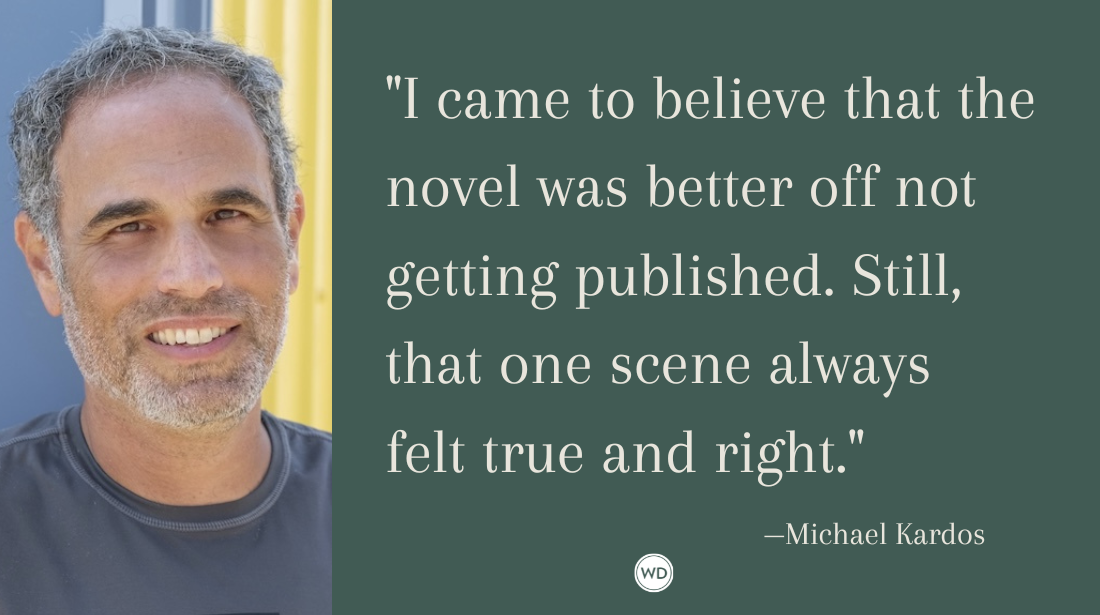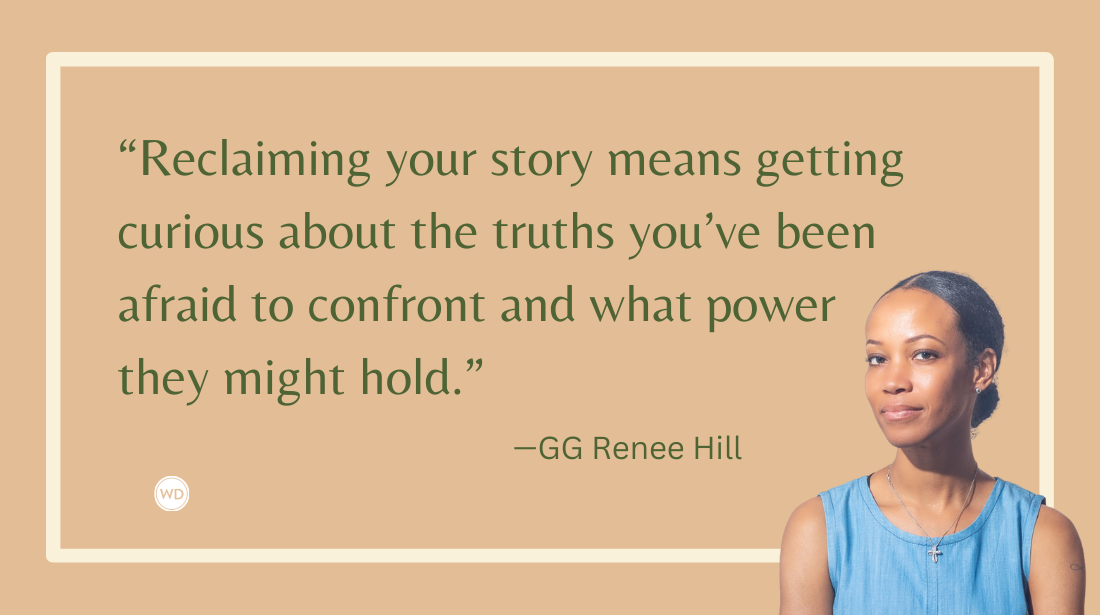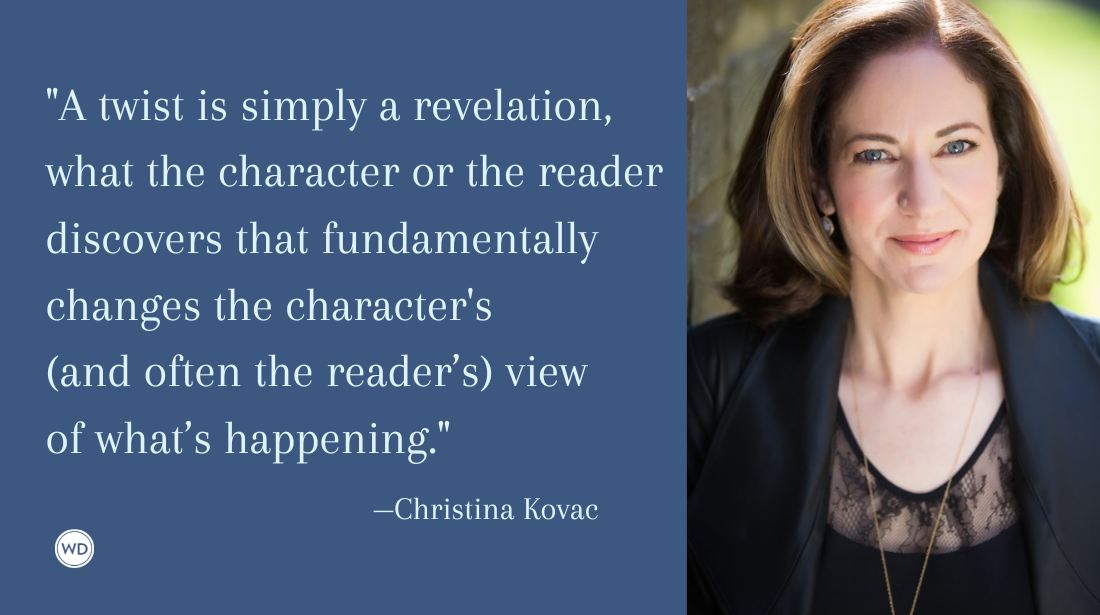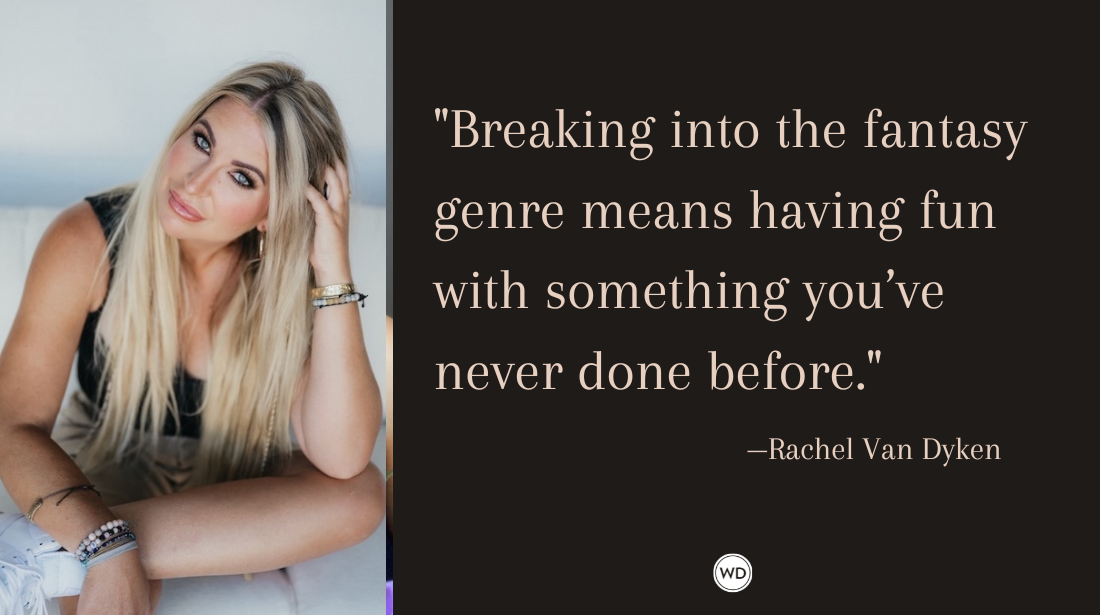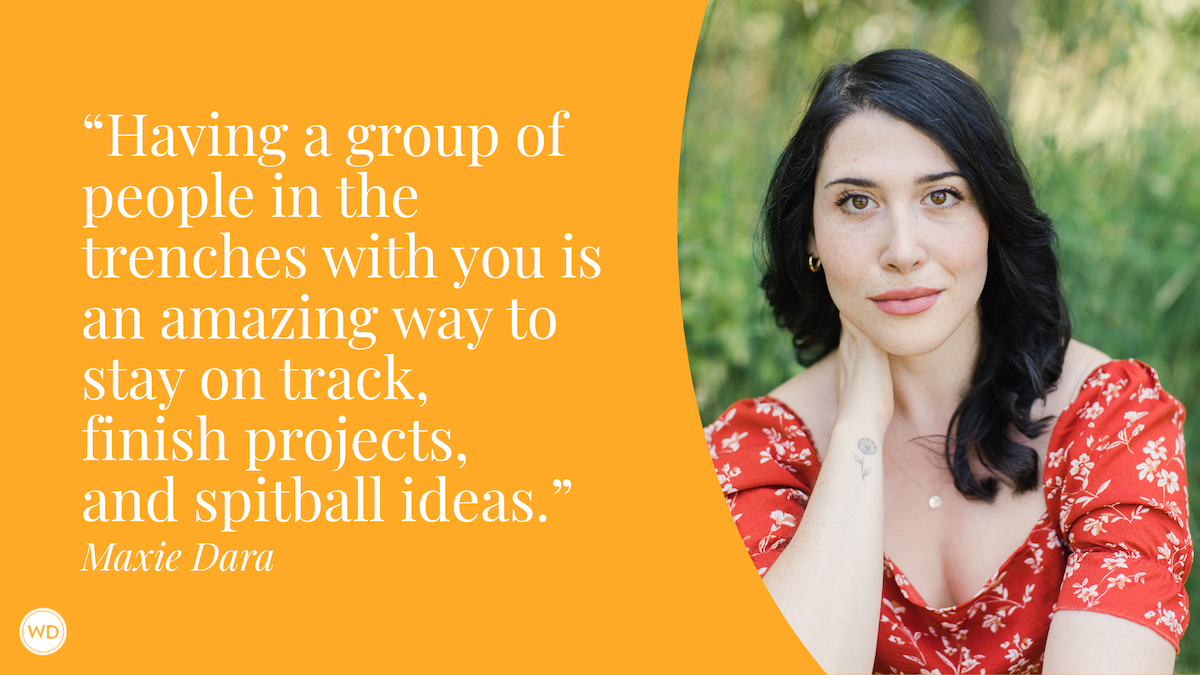Evie Green: Imaginary Friends and Allowing Change
Author Evie Green explains why she was surprised to end writing a horror novel and how she learned to trust the editorial process.
Evie Green is a pseudonym for a British author who has written professionally for her entire adult life. She lives by the sea in England with her husband, children, and guinea pigs, and loves writing in the very early morning, fueled by coffee.
In this post, Evie Green explains why she was surprised to end writing a horror novel, how she learned to trust the editorial process, and much more!
****
Click to continue.
****
Name: Evie Green
Literary agent: Hillary Jacobson ICM/ Stephanie Thwaites Curtis Brown
Title: We Hear Voices
Publisher: Berkley
Release date: December 1, 2020
Genre: Horror
Previous titles: This is her first book as Evie Green. As Emily Barr, she's written: The One Memory of Flora Banks, The Truth and Lies of Ella Black, Backpack, Baggage, Cuba and Solo. In total, she's written sixteen books, but these are the ones published in the US.
Elevator pitch for the book: A young boy recovers after a mysterious pandemic, but with an imaginary friend who soon turns sinister.
IndieBound | Bookshop | Amazon
[WD uses affiliate links.]
What prompted you to write this book?
I’d had an idea about writing a book about a boy with an imaginary friend that gets out of hand for a while, and when I found John Wyndham’s book, Chocky, in a second-hand bookshop I re-read it and it inspired me to start writing. The rest of the story gradually filled itself in, but the central idea of the imaginary friend was the thing that got the book started.
How long did it take to go from idea to publication?
It took around five years from writing the first word to publication, and the book changed hugely in that time. For one thing, reality kept catching up (e.g. it’s set at the tail end of a global pandemic), and for another, the story kept changing and resettling. My agents and then my editor all had incredible ideas, and it felt as if the story was shifting and shifting until it settled into its final form, and into its final genre, as I’d never intended to write horror.
Were there any surprises or learning moments in the publishing process for this title?
There were lots. When I started writing, I was just writing a book and wasn’t thinking about genre, but after a while, I started thinking of it as speculative fiction, then maybe sci-fi. My editor Jen Monroe pointed out that it could be published as horror, and then I applied myself to it as a horror novel and found that it really flew.
Were there any surprises in the writing process for this book?
I started writing it as a family story, and the family story is still at the heart of it. I’m surprised, looking at it now, to see that so many of the things I was worrying about in daily life seeped in there and became more dramatic, without my doing it consciously. I’m constantly worrying about my children, growing up in Britain in a world of climate change, Brexit and now COVID, so when I look at it now, I can see how much I wrote about all my anxieties, in a far more dramatic form.
I was also surprised at how much I didn’t mind editorial feedback. I changed a huge amount of this book after writing the first draft, and because I knew all the changes were for the better, I embraced the process. That hasn’t always been the case!
What do you hope readers will get out of your book?
A good story. A reflection of the world around them and the potential future. A bit of a scare, perhaps.
If you could share one piece of advice with other authors, what would it be?
Just keep writing. I nearly gave up on this book many times, but always pushed through it and kept going. If you write a little bit every day, you end up with a finished novel sooner than you’d think.




